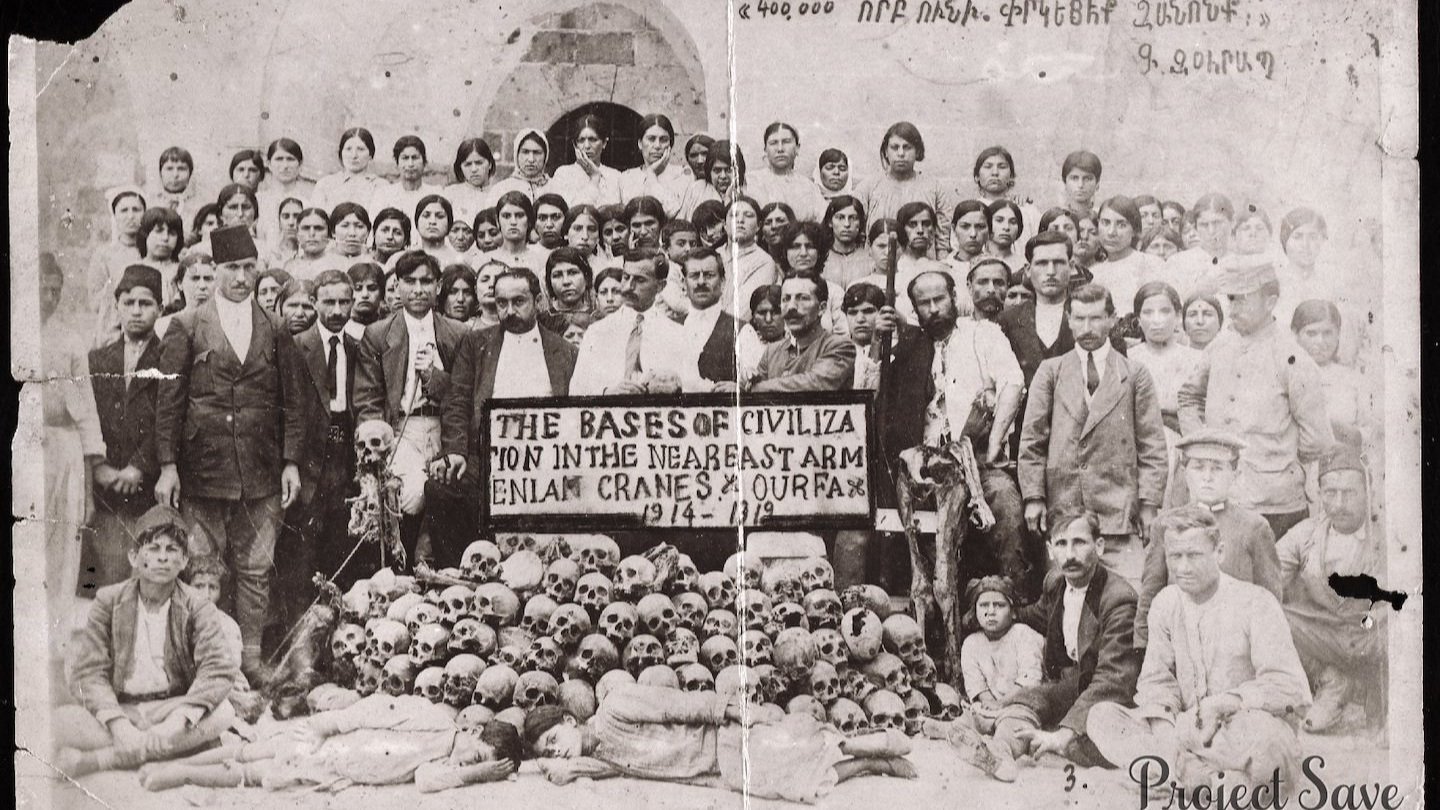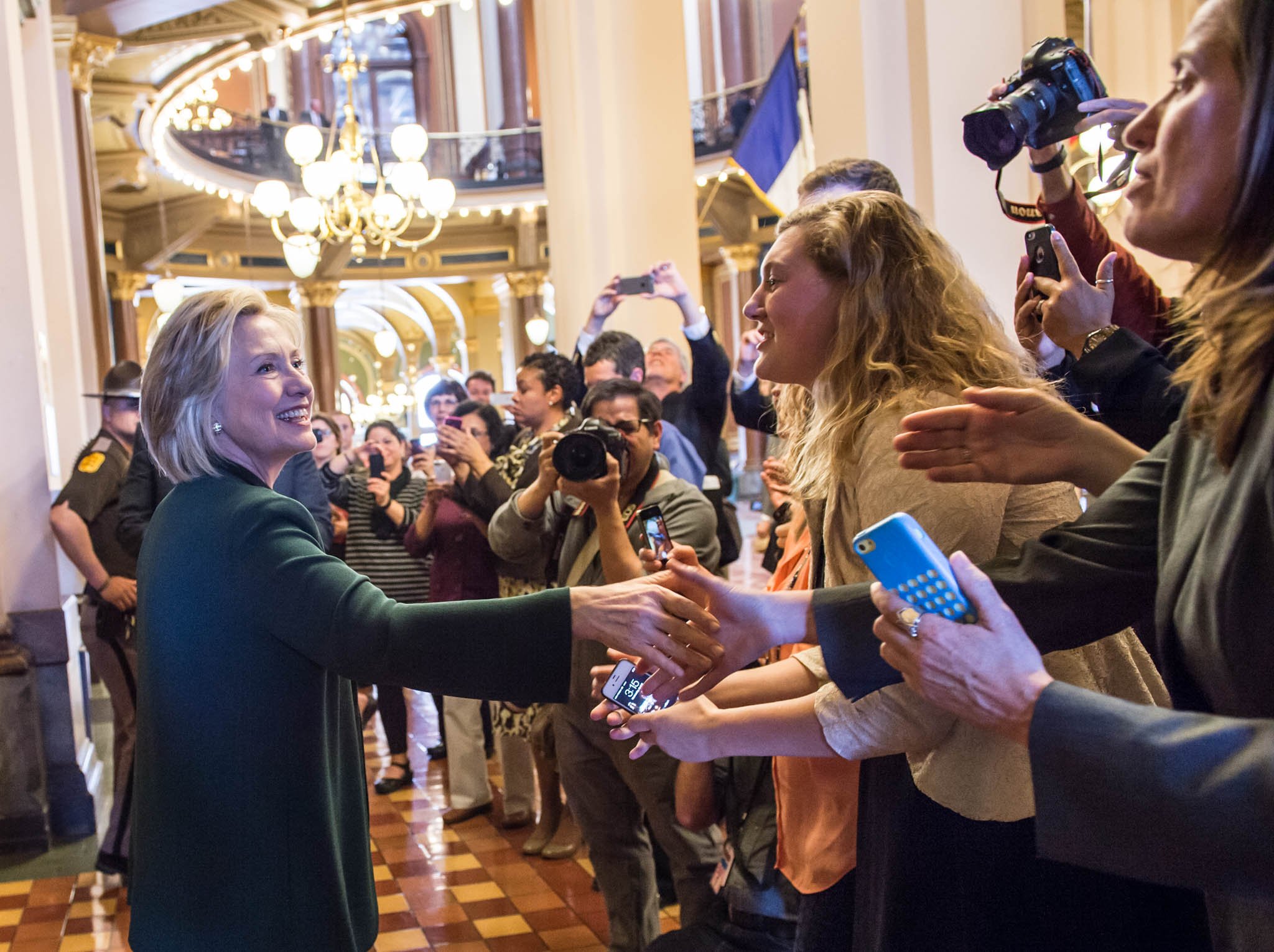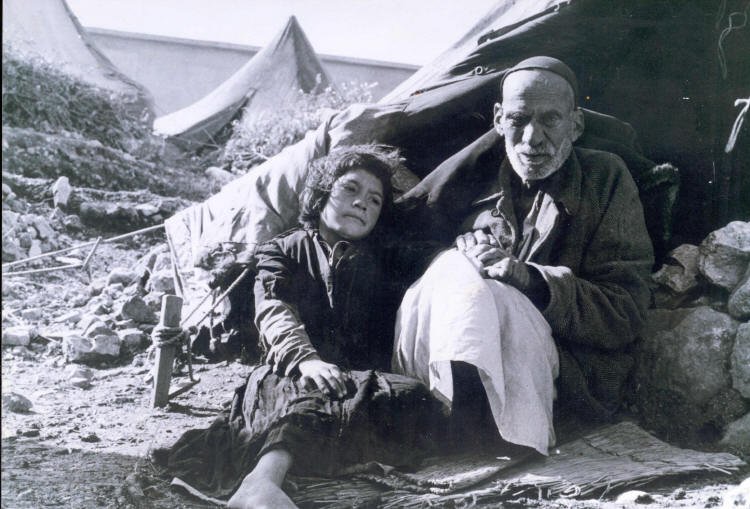
ESSAYS
Discover the emerging Neo-Americana literary movement that's revolutionizing contemporary American fiction through innovative ergodic storytelling techniques. This comprehensive analysis by Daniel Woods explores how authors are integrating authentic historical documentation—primary sources, photographs, government documents—directly into fictional narratives to create revolutionary reading experiences.
Learn how Neo-Americana differs from traditional American literature, why ergodic theory matters for modern storytelling, and how this movement resists institutional sanitization through randomized distribution methods. Woods examines the historical context from Mark Twain to John Steinbeck, explaining how contemporary authors can avoid the co-optation that neutralized previous literary movements.
Essential topics covered: ergodic literature theory, historical fiction methodology, anti-establishment writing techniques, temporal architecture in storytelling, and the future of politically engaged American literature.
Perfect for literary theory students, contemporary fiction writers, and American literature enthusiasts.
In "The Liberal Trap," Daniel Woods reveals why American politics feels broken. The term "liberal" has been weaponized to merge two contradictory belief systems: social liberalism (championing human equality and workers' rights) and economic liberalism (prioritizing corporate profits and deregulation). This impossible combination explains why politicians like Obama and Clinton sound progressive but govern conservatively. Woods traces this contradiction back to Enlightenment philosophers like John Locke, who argued against slavery while profiting from it. Modern "liberals" force the same hypocrisy on voters. Woods argues that recognizing this trap is the first step toward genuine political awakening and effective resistance to corporate domination.
In this fierce political critique, Daniel Woods argues the Democratic Party has fundamentally betrayed its working-class base over the past decade. He cites specific failures including inadequate response to Palestinian genocide, the economically devastating TikTok ban affecting 2 million small businesses and $10 billion in revenue, and systematic corruption where party leaders profit from stock manipulation while constituents struggle economically. Woods contends that Democrats have capitulated to Republican ideology, making strategic errors like handing Trump easy political victories. He describes an economy under strain where safety nets have collapsed while party elites grow wealthy. The essay concludes with Woods declaring the Democratic Party no longer exists in any meaningful sense and announcing his withdrawal from electoral participation, arguing the party no longer deserves working-class support.
"Identity 2024" challenges conventional narratives about American identity by examining the inextricable link between race and economic exploitation. Daniel Woods argues that the United States was founded not on principles of freedom, but on the economic necessity of slavery—with the Revolutionary War itself fought partially to preserve this institution. The essay traces how racial categories were invented as tools of economic control, from colonial slave codes to modern inequality. Woods contends that Black American culture, forged in resistance to systematic oppression, represents the only authentic American identity. This provocative analysis demands a reckoning with uncomfortable truths about our national character and the ongoing legacy of racial capitalism in contemporary America.
"Land Back & Free Palestine" is a powerful personal essay that connects the Palestinian liberation struggle to Indigenous rights movements and American history. Author Daniel Woods, writing from his experience growing up on traditional Apache land, traces his transformation from patriotic idealism to understanding America's colonial contradictions. He argues that Palestine represents a test case for occupied peoples worldwide, examining how the same colonial patterns that shaped America continue globally. Combining policy analysis with personal reflection, and anchored by Frederick Douglass's famous 1852 speech questioning Black Americans' relationship to Independence Day, Woods offers a compelling argument for seeing current liberation movements as part of America's unfinished justice work.
How student protests have adapted while maintaining their core mission of challenging injustice. This comprehensive analysis traces the tactical evolution of campus activism from the anti-war movements of the 1970s to today's pro-Palestinian demonstrations, revealing why universities remain the epicenter of social change movements and how each generation of students builds upon the legacy of those who came before.

So You Want a Definition of Fascism
Slavery existed before we named the system; the idea of stolen labor a fundamental principle to the ideology of the capitalist, yet predating the invention of the definition by millennia. In fact, it was chattel slavery, the reduction of human beings to a class of livestock, which truly sowed the seeds for what Capitalism is today. Indeed, the East India Trading Company was established in 1600 and what, if not capitalist, was it if not the seizure of the means of production and distribution from the commoner for the benefit of the lords and financiers of Europe? What was the Slave Triangle if not the express theft of the means of production in its rawest form for the use of landed elites in both the Old World and New?

Why the DNC Left the Left
“…establishment Democrats have done much worse, shedding any presuppositions of their Progressivism and exposing themselves for the blood-thirsty, virtue-signaling imperialist they have always been.”

What Is Lesser About Genocide?
You cannot endorse a President directly supplying bombs to kill women and children while proclaiming Progressive values.






As the government consolidates power for itself, the GOP, and the coming Trump aristocracy, the welfare of the general people has fallen into a state of such disrepair that it exists as little more than shredded wisps of what once was. My own generation – raised as we were on picket ideals and universal justice and perpetual prosperity for all – saw but a glimpse of what was once within reach for all in our nation regardless of race, orientation, identity, or creed. Today, a near half-century of austerity has finally crept from its deregulatory cocoon in the form of inequality and impoverishment for all.